In our journey through life, we often encounter experiences that leave emotional scars, affecting our mental and physical well-being. Emotional trauma can manifest in various ways, from anxiety and depression to physical ailments. While there are various therapeutic methods for addressing these emotional wounds, one holistic approach that has gained popularity is kinesiology.
Understanding Kinesiology
Kinesiology is a discipline that combines elements of traditional Chinese medicine, chiropractic principles, and Western anatomy and physiology. It focuses on the body’s energy flow, or chi, and aims to restore balance and harmony in one’s physical and emotional well-being. Kinesiologists use muscle testing to identify imbalances in the body, which can be related to emotional or psychological issues.
The Mind-Body Connection
Kinesiology is rooted in the belief that our bodies store information about our emotional and mental state. When we experience emotional trauma, our bodies can hold onto that negative energy, leading to physical and psychological issues. Through muscle testing, kinesiologists can identify these energy blockages and work to release them.
How Kinesiology Helps Heal Emotional Trauma
- Identifying Emotional Blockages: The first step in healing emotional trauma with kinesiology is identifying the emotional blockages stored within the body. Muscle testing helps pinpoint areas that are out of balance, potentially linked to past emotional experiences.
- Balancing Energy Flow: Once these blockages are identified, a kinesiologist can use various techniques to restore the body’s energy balance. This may involve gentle manipulations, acupressure, or other holistic methods to release tension and allow energy to flow freely.
- Promoting Self-Awareness: Kinesiology sessions often involve discussions and introspective work to help clients gain a deeper understanding of their emotional trauma. This self-awareness can be a powerful tool for healing, as it allows individuals to confront their past experiences and work towards resolution.
- Empowering Coping Mechanisms: Kinesiologists can also teach clients techniques to manage and cope with emotional distress, ensuring that they have the tools to deal with future challenges.
Final Thoughts
Emotional trauma is a heavy burden to carry, but kinesiology offers a unique path to healing. By recognizing the mind-body connection and utilizing techniques to restore balance, individuals can find relief and take steps toward emotional recovery. If you or someone you know is struggling with emotional trauma, consider exploring the possibilities that kinesiology may offer.
Remember, healing is a journey, and with the right tools and guidance, you can take steps towards a brighter, more balanced future.

